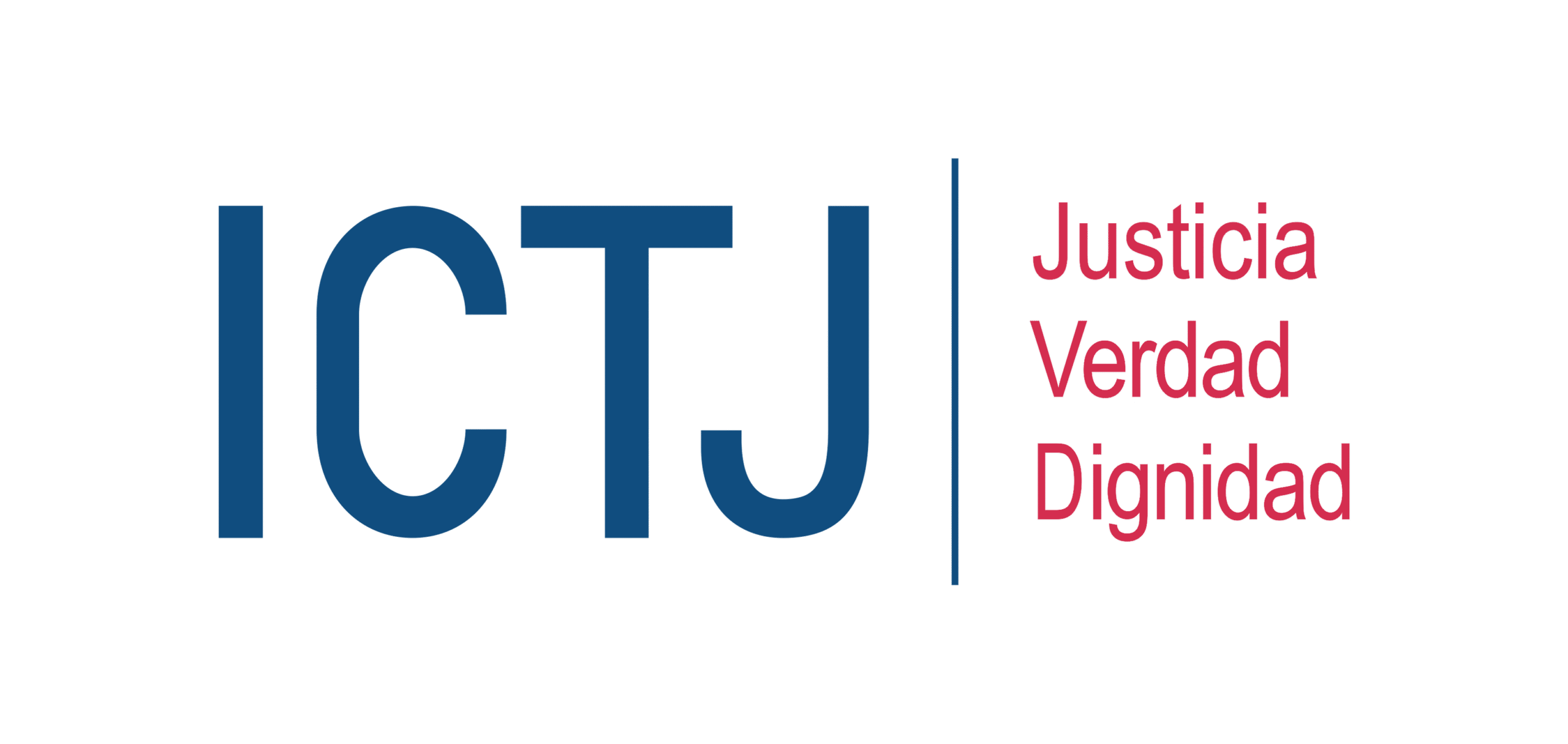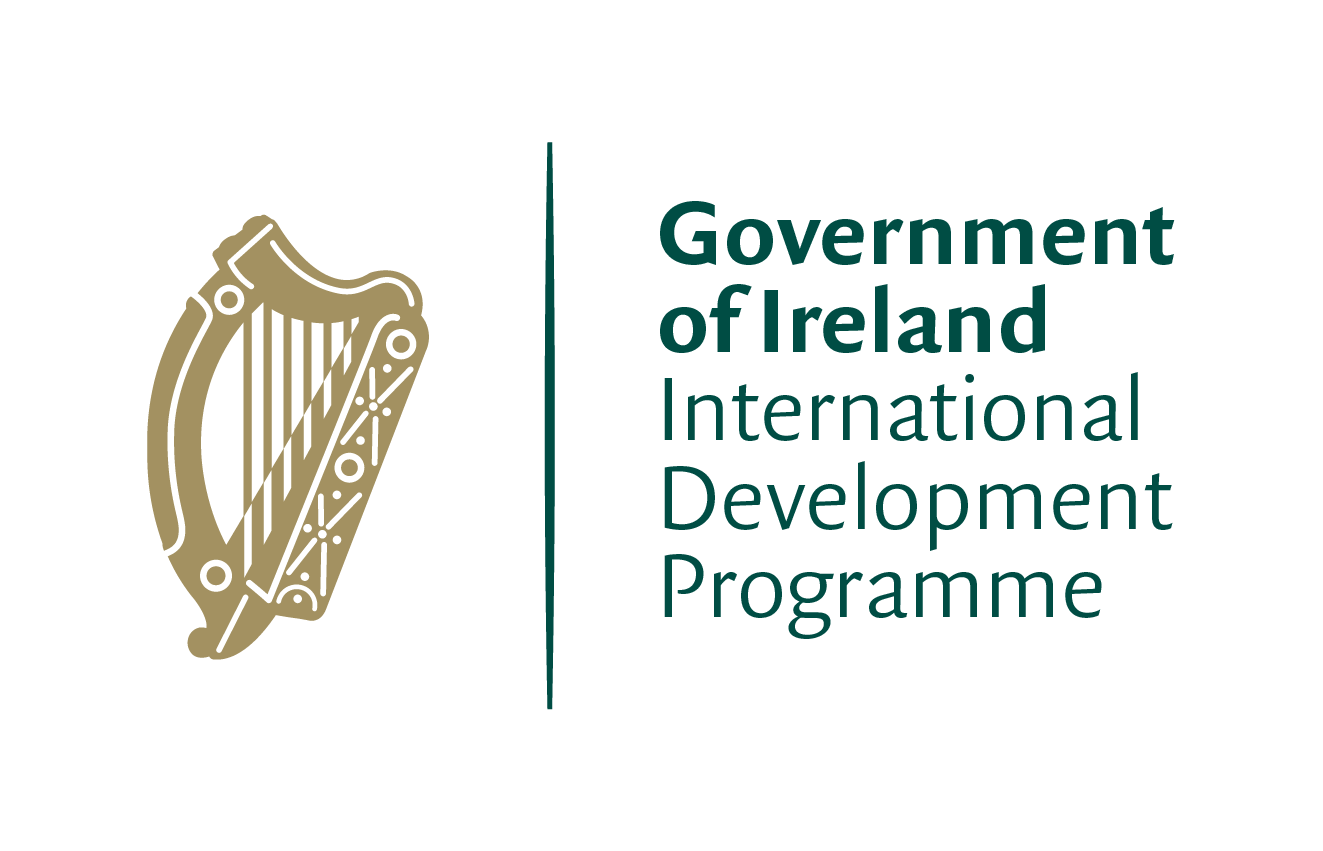The Coalition of LGBTTTI Organisations of Latin America and the Caribbean working within the framework of the OAS[1]We, the undersigned organisations, congratulate the Inter-American Court of Human Rights for the recognition of the human rights of transgender people and same-sex couples included in Advisory Opinion OC-24/17 of 24 November 2017, published on 9 January 2018.
With this historic pronouncement, the Inter-American Court affirms that States' human rights obligations include equality and non-discrimination of persons based on their sexual orientation, gender identity and gender expression, in particular with regard to the duty to recognise diverse families and gender identity. This Opinion reinforces the urgent need for States in the region to adopt measures to guarantee formal and real equality of persons with diverse sexual orientations, gender identities and gender expressions in the Americas.
The Court's Advisory Opinion reaffirms the standards that the social organisations of the LGBT movement have been promoting for decades in the countries of the region: that we are human rights holders and that the State owes us the full recognition, guarantee and respect of our human rights, without any discrimination whatsoever.
We congratulate the Inter-American Court for categorically affirming that States should should guarantee individuals the rectification of gender or sex, name, and image in records and/or identity documents in accordance with their self-perceived gender identity, specifying the requirements for such a procedure, including that it must be based solely on the free and informed consent of the applicant.
We congratulate the Inter-American Court for categorically stating that it is necessary to States should guarantee same-sex couples access to all existing domestic legal provisions, including the right to marry, to ensure the protection of all rights of same-sex families, without discrimination against same-sex families.
We urge all OAS Member States to take steps to promote the legislative, administrative and judicial reforms necessary to bring their domestic legal systems, interpretations and practices in line with the standards set out in the Inter-American Court's Advisory Opinion No. 24.
The Coalition of Latin American and Caribbean LGBTTTI Organisations working within the framework of the OAS annexes to this communiqué a explanatory noteThe purpose of this article is to highlight some excerpts from the Advisory Opinion, as they confirm and reflect the standards that the non-governmental organisations that are part of this Coalition, as well as other LGBT organisations and social movements in the Americas, have been affirming and positioning, with varying degrees of success, for decades in the countries of the region.
EXPLANATORY NOTE to Advisory Opinion OC-24/17 of 24 November 2017 - Gender Identity, and Equality and Non-Discrimination of Same-Sex Couples[2]
BACKGROUND
The Advisory Opinion was requested by the State of Costa Rica for the highest regional court to rule on several points related to the rights of LGBT persons, in light of the provisions of the American Convention on Human Rights.
Sixteen organisations that are part of this Coalition of LGBTTTI organisations from Latin America and the Caribbean working within the framework of the OAS submitted an amicus curiae brief to the IACHR Court in January 2017. Several human rights defenders from organisations belonging to this Coalition also presented oral arguments during the hearings before the IACHR Court that took place in Costa Rica in May 2017.
In the process, several OAS Member States submitted comments: Argentina, Bolivia, Brazil, Colombia, Guatemala, Honduras, Mexico, Panama and Uruguay. A large number of actors and stakeholders, such as the Inter-American Commission on Human Rights, the Office of the United Nations High Commissioner for Human Rights, various state entities, international associations, academic institutions and non-governmental organisations also submitted comments.
Below we highlight some excerpts from OC-24/17, containing the main standards developed by the Court.
GENERAL REMARKS
On the lack of consensus in some countries on respecting the human rights of LGBT personsThe Court affirms that "the lack of a consensus within some countries on full respect for the rights of certain groups or persons who are distinguished by their actual or perceived sexual orientation, gender identity or gender expression cannot be considered as a valid argument to deny or restrict their human rights or to perpetuate and reproduce the historical and structural discrimination that these groups or persons have suffered" (para. 83).
On the prohibition of discrimination against LGBT persons, the Court notes that:
- "A right that is recognised for individuals cannot be denied or restricted to anyone, under any circumstances, on the basis of their sexual orientation, gender identity or gender expression. This would violate Article 1(1) of the American Convention. The Inter-American instrument proscribes discrimination in general, including categories such as sexual orientation and gender identity, which cannot serve as a basis for denying or restricting any of the rights established in the Convention". (para. 84).
- "… any discriminatory rule, act or practice based on a person's sexual orientation, gender identity or gender expression is prohibited by the Convention. Consequently, no rule, decision or practice of domestic law, whether by State authorities or by private persons, may diminish or restrict, in any way, the rights of a person on the basis of his or her sexual orientation, gender identity and/or gender expression." (para. 78)
On discriminatory speech and attitudes against LGBT personsthe Court states that: "… discriminatory discourses and the resulting attitudes that respond to them, based on stereotypes of heteronormativity and cisnormativity with varying degrees of radicalisation, end up generating the homophobia, lesbophobia and transphobia that drive the hate crimes mentioned above. (para. 47).
On "gender expressionthe Court affirmed that: "… discrimination based on perception has the effect or purpose of preventing or nullifying the recognition, enjoyment or exercise of the human rights and fundamental freedoms of the person subject to such discrimination, regardless of whether or not that person self-identifies with a particular category… In this sense, it must be understood that all gender expression constitutes a category protected by Article 1(1) of the American Convention" (para. 79).
Moreover, the Court noted that States "in their capacity as guarantor(s) of the plurality of rights, must respect and guarantee the coexistence of individuals with different identities, gender expressions and sexual orientations, to which end they must ensure that all of them can live and develop with dignity and the same respect to which all persons are entitled. (para. 100).
***
- THE RIGHT TO GENDER-IDENTITY COMPLIANT DOCUMENTS
The Inter-American Court recognises the right to gender identity on the basis of the human rights enshrined in the American Convention, including: dignity, private and family life, personal autonomy, the principle of free development of personality, personal liberty, identity, freedom of expression, juridical personality, name, and equality and non-discrimination.
Thus, the Court affirms that States "must guarantee the recognition of the gender identity of persons, as this is of vital importance for the full enjoyment of other human rights" (para. 113). Similarly, the Court states that, in accordance with the principle of equality and non-discrimination, "it is unreasonable to establish differential treatment between cisgender and transgender persons seeking to make corrections to identity records and documents" (para. 131).
Obligation of States in terms of requirements for the recognition of this right
In its Opinion, the Inter-American Court states that:
- The adequacy of records and/or identity documents in accordance with self-perceived gender identity (rectification of the annotation of gender or mention of sex, modification of their name and adequacy of their image) constitutes a human right protected by the American Convention.
- States, in accordance with Article 2 of the American Convention, are under the obligation to recognise, regulate and establish adequate procedures to ensure that persons interested in rectifying the annotation of gender or sex, changing their name and adjusting their image in registers and/or identity documents in accordance with their self-perceived gender identity, can resort - without interference by public authorities or third parties - to a procedure or procedure that meets the following requirements: (a) focused on the integral adequacy of self-perceived gender identity; (b) based solely on the free and informed consent of the person without requirements such as medical and/or psychological certifications, without requiring the accreditation of surgical and/or hormonal operations or others that may be unreasonable or pathologising; (c) it must be confidential; (d) changes, corrections or adjustments to records, and identity documents should not reflect changes in conformity with gender identity; (e) it should be expeditious and, as far as possible, free of charge; (f) the procedure that best suits these elements is a materially administrative or notarial procedure. States may provide in parallel an administrative route, which enables the individual's choice to be made.
Furthermore, the Court indicates that States "should endeavour to ensure that persons interested in having their self-perceived gender identity recognised in records as well as in identity documents do not have to undertake multiple procedures before a multiplicity of authorities," so that persons requesting change are not subjected to "unreasonable burdens" in order for their gender identity matching to be effective in all relevant records (para. 124).
As for the requirements for certificates of good conduct or police certificatesThe Court considers that although they may have a legitimate purpose related to the procedure not being used to evade justice, "it can also be understood that this requirement results in a disproportionate restriction insofar as it unreasonably transfers to the applicant of the procedure an obligation of the State, which is none other than the harmonisation of the registers in which the identity data of the persons are contained. At this point, it should be recalled that the protection of third parties and public order must be guaranteed by means of various legal mechanisms that do not imply, permit or have the effect of impairing, damaging or sacrificing the fundamental rights of individuals. Otherwise, the essential nucleus of the free development of personality, the right to privacy and intimacy, the right to personal and sexual identity, the right to health, and, consequently, the dignity of persons and their right to equality and non-discrimination would be totally affected". (para. 132).
Sex and gender are part of an identity construction.
The Inter-American Court affirmed that sex, as well as gender, are "part of an identity construction that is the result of the free and autonomous decision of each person, without being subject to their genitalia" (para. 94). In greater detail, the Court affirmed that "sex, as well as the socially constructed identities, functions and attributes attributed to biological differences in terms of the sex assigned at birth, far from constituting objective and immutable components of the civil status that individualises the person, … end up being features that depend on the subjective appreciation of the person who holds it and are based on a construction of self-perceived gender identity related to the free development of personality, sexual self-determination and the right to a private life. Therefore, whoever decides to assume it, is the holder of legally protected interests, which under no circumstances can be subject to restrictions simply because the social conglomerate does not share specific and unique lifestyles, as a result of fears, stereotypes, social and moral prejudices lacking reasonable grounds" (para. 95).
Link between identity recognition and the human rights of transgender persons
The Court rightly affirms that "the lack of recognition of the right to gender identity of transgender persons contributes to reinforcing and perpetuating discriminatory behaviour against them" (para. 134). Thus, the Court notes that since gender identity is "a constitutive and constituent element of the identity of persons", "its recognition by the State is of vital importance to guarantee the full enjoyment of the human rights of transgender persons, including protection against violence, torture, mistreatment, the right to health, education, employment, housing, access to social security, as well as the right to freedom of expression and association… Therefore, the lack of recognition of identity can imply that the person does not have legal proof of his or her existence, making it difficult for him or her to fully exercise his or her rights." (para. 98).
Right to recognition of children's gender identity
In its Advisory Opinion, the IACtHR also pronounced that "the considerations related to the right to gender identity that were developed … are also applicable to children who wish to submit applications for recognition of their self-perceived gender identity in documents and records. (para. 154). And in this regard, the Court affirms that "any restrictions imposed on the full exercise of that right through provisions intended to protect children can only be justified in accordance with those principles and must not be disproportionate."
On Article 54 of the Costa Rican Civil Code
In relation to the interpretation of article 54 of the Costa Rican Civil Code, the Court indicated that, by virtue of conventionality control, this provision must be interpreted in accordance with the previously established standards. It also indicated that it may issue a regulation to incorporate the aforementioned standards.
- THE INTERNATIONAL PROTECTION OF SAME-SEX PARTNERSHIPS
A restrictive interpretation of the concept of "family" that excludes same-sex couples would frustrate the object and purpose of the Convention. Americana
The Court reiterated on this occasion that "the American Convention does not establish a closed concept of family, nor does it protect only one particular model of the family" (para. 174), and that "the definition of family should not be restricted by the traditional notion of a couple and their children" (para. 178). It also indicated that "a family can also be made up of persons with diverse gender identities and/or sexual orientation" (para. 179) and that "the protection of family ties is not limited to relationships based on marriage" (para. 181). Â The Court points out that "as long as there is a willingness to enter into a permanent relationship and form a family, there is a bond that deserves equal rights and protection regardless of the sexual orientation of its partners (Articles 11(2) and 17)" (para. 225).
While it is true, the Court notes, that Article 17(2) of the American Convention recognises literally the "right of men and women to marry and found a family", this "formulation would not be proposing a restrictive definition of how marriage should be understood or how a family should be founded" (para. 182). Moreover, the Court affirms that: "a restrictive interpretation of the concept of 'family' that excludes from inter-American protection the affective bond between same-sex couples would frustrate the object and purpose of the Convention. The Court recalls that the object and purpose of the American Convention is "the protection of the fundamental rights of human beings", without distinction of any kind (para. 189).
Differential treatment of heterosexual and same-sex couples is discriminatory.
The Court affirms that "to establish different treatment between heterosexual and same-sex couples in the manner in which they may found a family "whether by a de facto marital union or a civil marriage" fails to pass a strict test of equality ¦ for, in the Court's view, there is no conventionally acceptable purpose for this distinction to be considered necessary or proportional." (para. 220).
States must protect rights derived by same-sex couples
The Court notes that "the American Convention protects, by virtue of the right to the protection of private and family life (Article 11(2)), as well as the right to the protection of the family (Article 17), the family relationship that may derive from a same-sex couple's relationship. The Court also considers that all property rights deriving from the protected family relationship between persons of the same sex should be protected without discrimination against heterosexual couples, in accordance with the right to equality and non-discrimination (Articles 1(1) and 24)" (para. 199). (para. 199).
The Court ruled on the rights arising from family ties, and the corresponding obligations for the State, in compliance with the principle of equality and non-discrimination. In this regard, the Court indicated that "the scope of the protection of the family ties of a same-sex couple transcends questions linked only to patrimonial rights. As this Court has found, the implications of the recognition of this family relationship permeate other rights such as civil and political, economic, or social rights, as well as other internationally recognised rights. Likewise, the protection extends to those rights and obligations established by the national legislation of each State that arise from the family ties of heterosexual couples". (para. 198).
On the creation of "new legal figures" for same-sex couples
The Court affirms that "to create an institution that produces the same effects and entitles the same rights as marriage, but does not bear that name, makes no sense, except to socially mark same-sex couples with a denomination that indicates a difference, if not stigmatising, at least as a sign of underestimation. Accordingly, marriage would exist for those who, according to the stereotype of heteronormativity, would be considered "normal", while another institution with identical effects, but with a different name, would be indicated for those who would be considered "abnormal" according to the aforementioned stereotype. Based on this, for the Court, the existence of two types of solemn unions to legally consolidate the community of heterosexual and homosexual cohabitation is not admissible, since it would constitute a distinction based on the sexual orientation of persons, which would be discriminatory, and therefore incompatible with the American Convention" (para. 224). (para. 224).
Likewise, the Court points out that "to guarantee the rights of same-sex couples it is not necessary to create new legal figures, and therefore opts to extend the existing institutions to same-sex couples â€" including marriage… The Court considers that this would be the simplest and most effective means to ensure the rights derived from the bond between same-sex couples". (para. 218).
States' obligations towards same-sex couples
In this regard, the Court observed that "there are administrative, judicial and legislative measures of various kinds that can be adopted by States to guarantee the rights of same-sex couples" (para. 217).
In relation to countries that do not yet guarantee same-sex couples "their right of access to marriage," the Court affirmed that "they are equally obliged not to violate the norms that prohibit discrimination against these persons, and must therefore guarantee them the same rights derived from marriage, on the understanding that this is always a transitory situation. (para. 227).
The Inter-American Court points out that States "must guarantee access to all the figures already existing in domestic legal systems, in order to ensure the protection of all the rights of families formed by same-sex couples, without discrimination with respect to those formed by heterosexual couples. This may require States to modify existing arrangements, through legislative, judicial or administrative measures, to extend them to same-sex couples. States that have institutional difficulties in adapting the existing figures, temporarily, and while in good faith they promote these reforms, have the same duty to guarantee same-sex couples equal rights and parity with those of different sexes, without any discrimination whatsoever". (para. 228).
In relation to the obstacles that States may face in making domestic modifications to conform to the standards established by the Court in its Advisory Opinion, the Court recognises that "some States may have to overcome institutional difficulties in order to adapt their domestic legislation and extend the right of access to the institution of marriage to persons of the same sex", and in this sense, urges "States to genuinely and in good faith promote the legislative, administrative and judicial reforms necessary to adapt their domestic laws, interpretations and practices" (para. 226). (para. 226).
In conclusion, the Court unanimously affirmed that "the State must recognise and guarantee all the rights deriving from a family relationship between persons of the same sex". By six votes to one, the Court held that "in accordance with articles 1.1, 2, 11.2, 17 and 24 of the Convention, it is necessary for States to guarantee access to all the figures already existing in domestic legal systems, including the right to marriage, in order to ensure the protection of all the rights of families formed by same-sex couples, without discrimination with respect to those formed by heterosexual couples".
The Advisory Function of the IACHR Court: the legal value of Advisory Opinions
The objective of the Advisory Opinions is "to assist Member States and the organs of the OAS to comply fully and effectively with their international obligations in this area and to define and develop public policies on human rights" (para. 22). (para. 22).
The IACHR Court states that "the advisory function constitutes "a service that the Court is able to provide to all members of the inter-American system, in order to assist in the fulfilment of its international commitments" on human rights. In this sense, it considers that "based on the interpretation of the relevant norms, its response to the consultation will be of great importance for the countries of the region insofar as it will make it possible to clarify the State's obligations in relation to the rights of LGBTI persons in the framework of its obligations to respect and guarantee human rights to all persons under its jurisdiction. This will lead to the identification of the specific principles and obligations that States must comply with in terms of the right to equality and non-discrimination". (para. 21).
The Inter-American Court is clear in stating that "under international law, when a State is a party to an international treaty, such as the American Convention, that treaty binds all its organs, including the judicial and legislative branches, so that a violation by any of those organs generates international responsibility for the State. It is for this reason that it considers it necessary for the various organs of the State to carry out the corresponding control of conventionality, also on the basis of what it indicates in the exercise of its non-contentious or consultative competence, which undeniably shares with its contentious competence, the purpose of the inter-American human rights system, which is, "the protection of the fundamental rights of human beings" (para. 26).
The Court's Advisory Opinion has legal relevance for all OAS Member States, not only for States parties to the American Convention.
In relation to OAS Member States that are not party to the American Convention, the Court affirms that "all organs of the OAS Member States, including those that are not party to the Convention but have bound themselves to respect human rights under the OAS Charter (Article 3.l) and the Inter-American Democratic Charter (Articles 3, 7, 8 and 9), have a source which, in accordance with its own nature, also and especially in a preventive manner, contributes to the effective respect and guarantee of human rights and, in particular, constitutes a guide to be used to resolve issues relating to the respect and guarantee of human rights in the framework of the protection of LGBTI persons and thus avoid possible human rights violations" (para. 28).
***
The full text of the Advisory Opinion is available at http://www.corteidh.or.cr/docs/opiniones/seriea_24_esp.pdf.















